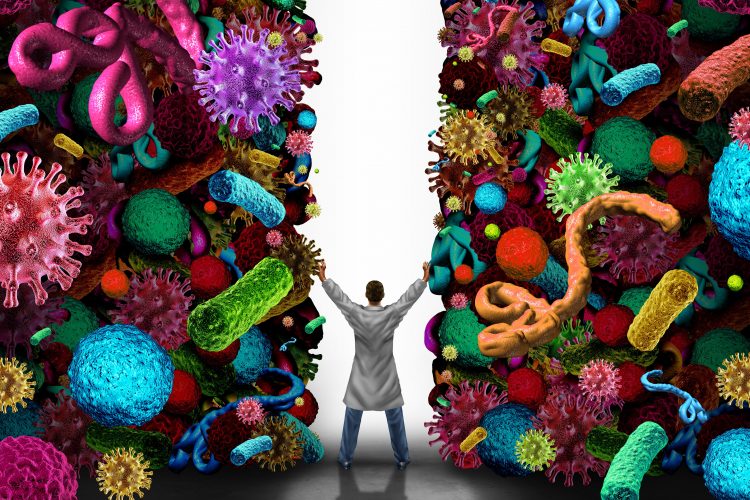NIAID unveils new Centers for Research in Emerging Infectious Diseases (CREID)
Posted: 2 September 2020 | Hannah Balfour (Drug Target Review) | No comments yet
The global network of centers will investigate where pathogens emerge and how they adapt to cause disease in humans, in the hopes of increasing our preparedness for future disease outbreaks.


The US National Institute of Allergy and Infectious Diseases (NIAID) has awarded 11 grants to establish the Centers for Research in Emerging Infectious Diseases (CREID), a global network to investigate how and where viruses and other pathogens emerge from wildlife and spill-over to cause disease in people.
The total first-year value of the grants is approximately $17 million and the NIAID reported that it intends to provide approximately $82 million over five years to support the network.
“The impact of the COVID-19 pandemic serves as a potent reminder of the devastation that can be wrought when a new virus infects humans for the first time,” said NIAID Director Dr Anthony Fauci. “The CREID network will enable early warnings of emerging diseases wherever they occur, which will be critical to rapid responses. The knowledge gained through this research will increase our preparedness for future outbreaks.”
Each center within the network will collaborate with peer institutions in the US and 28 other countries to complete multidisciplinary research projects. These will include surveillance studies to identify previously unknown causes of febrile (fever) illnesses in humans; to find the animal sources of viral or other disease-causing pathogens; and determine what genetic or other changes make these pathogens capable of infecting humans.
CREID investigators will also develop reagents and diagnostic assays to improve detection of emerging pathogens and study human immune responses to new or emerging infectious agents.
The intent is that the breadth of these projects will allow for the study of disease spill-over in multiple phases of the process: where pathogens first emerge from an animal host; where human-to-human transmission occurs in both more remote and urban areas (where epidemic spread can then occur).
Each center will focus efforts on one or more regions of the world:
- The studies in Central and South America will include investigations of several arthropod-borne viruses (arboviruses) including the ones that cause Zika virus disease, chikungunya and dengue fever
- In East and Central Africa, focus pathogens will include Rift Valley fever virus and the coronavirus that causes Middle East respiratory syndrome (MERS).
- West African studies will explore Ebola virus and Lassa virus, in addition to arboviruses
- In Asia and Southeast Asia, investigators will conduct research on coronaviruses and arboviruses
Every region, alongside their forecasted projects, will be poised to study any newly emerging pathogen, dubbed “pathogen X”.
RTI International in Research Triangle Park, North Carolina, US, will act as a CREID Co-ordinating Center. It will support the global network with activities such as data management, outbreak research response and quality control for biospecimens, assays and reagents.
Related topics
Disease research, Drug Targets, Funding, Genomics, Immunology, Research & Development
Related conditions
Chikungunya, Coronavirus, Dengue virus, Ebola virus, Lassa virus, Middle East Respiratory Syndrome (MERS), Rift Valley fever virus (RVFV), viral infections, Zika virus
Related organisations
RTI International, US National Institute of Allergy and Infectious Diseases (NIAID)
Related people
Dr Anthony Fauci


